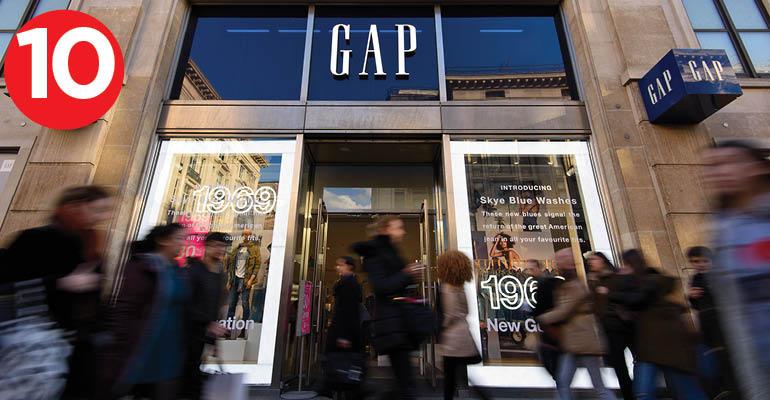- Fed’s First Hurdle in 2020: Dispensing with ‘QE Lite’ “The Federal Reserve’s bond portfolio is swelling again at a pace not seen since the “quantitative easing” heyday in the early 2010s. Prices for stocks and other risky assets are also rising at a fast clip - a state of affairs that a growing chorus of investors, economists and former Fed officials say is no coincidence, and potentially a problem.” (Reuters)
- New Risk to World Economy: Synchronized Housing Slowdown “Housing markets across the world, from the U.K. to China to Australia, are losing steam, holding back prospects for the global economy that last year grew at its slowest rate since the financial crisis. Across 23 countries, an index of inflation-adjusted home prices compiled by the Federal Reserve Bank of Dallas grew 1.8% in the third quarter of 2019 from a year earlier, down from a recent peak of 4.3% in 2016, according to an Oxford Economics analysis.” (Wall Street Journal, subscription required)
- JLL Real Estate Firm Will Meet the Demand for South Florida’s Small Warehouses “Demand rises for small industrial spaces in South Florida. So much so that one team launched a small bay division — the warehouse industry’s term for smaller units — in late January to meet clients’ requests. The commercial real estate firm JLL, which is headquartered in Chicago, opened a new division in South Florida for leasing and managing warehouse space between 2,500 and 10,000 square feet, according to JLL’s South Florida industrial lead, Brian Smith.” (Miami Herald)
- A $100 Million Bet That Vacationland Can Be a Tech Hub, Too “There is nothing obviously wrong with Maine’s biggest city. Its shops buzz in the summer with well-heeled tourists. Zillow rates the real estate market ‘very hot.’ David Geffen’s yacht docks at port from time to time. The food scene is great. In November, the unemployment rate was barely 2.2 percent. Something is troubling Portland, however. Productivity growth is low. Business formation is anemic.” (The New York Times)
- Grocery Delivery Goes Small with Micro-Fulfillment Centers “The robots are trying to get deeper into your grocery order. Grocers looking to fill online orders more quickly are testing micro-fulfillment systems that can spit out as many as 4,000 orders a week but can still be housed in the back of stores or in urban areas where space is at a premium. The store owners are evaluating whether automation can help tamp down costs while speeding up deliveries and they are turning to a new set of startups aiming to make e-commerce fulfillment more efficient in a small footprint.” (Wall Street Journal, subscription required)
- With a 130-Mile Coast, New Jersey Marks a First in Climate Change Fight “New Jersey will become the first state to require that builders take into account the impact of climate change, including rising sea levels, in order to win government approval for projects, Gov. Philip D. Murphy plans to announce on Monday. The move by Mr. Murphy, a Democrat, is part of a widening effort by states to use regulations to address worsening climate conditions and to aggressively counteract the Trump administration’s push to roll back environmental regulations.” (The New York Times)
- Our Rental Property Empire: Passive Income, Appreciation and Diversification “Residential real estate investing is all about providing accommodation to tenants by owning and managing rental properties such as single-family homes, condos, manufactured homes, apartments, etc. This sector has numerous qualities that make it quite attractive for investment right now.” (Seeking Alpha)
- Gap Closed Dozens of Stores in 22 States on Sunday. Here’s the Full List. “Gap closed 40 stores globally on Sunday, including 29 locations in the US, according to the company's website. The closings are part of a previously announced plan to shutter 230 stores over the course of two years. Gap has said that about 130 locations will close in fiscal 2019, and that a majority of those closings will happen in the fourth quarter, which extends into January 2020.” (Business Insider)
- Hines JV Obtains $870M Loan for Boston Redevelopment Project “Hines, APG Groep NV and Dune Real Estate Partners have secured an $870 million loan for the redevelopment of South Station, one of Boston’s busiest transportation hubs. JLL arranged the financing with The Children’s Investment Fund on behalf of the three firms. The first phase of the long-awaited, 1.9 million-square-foot project includes a 1.2 million-square-foot mixed-use tower.” (Commercial Property Executive)
- These Are the Cities Most People Will Move To From Sea-Level Rise “Sea-level is rising, causing susceptible coastal cities to experience more extreme floods. These are the cities where people are likely to migrate to from increasingly flooded coastal cities. Hurricane Harvey was a perfect example of the migration impacts a major storm and flooding has on people. The hurricane, which slammed into Texas in the fall of 2017 displaced Texans who migrated inland to rebuild their flooded lives.” (Forbes)
0 comments
Hide comments





